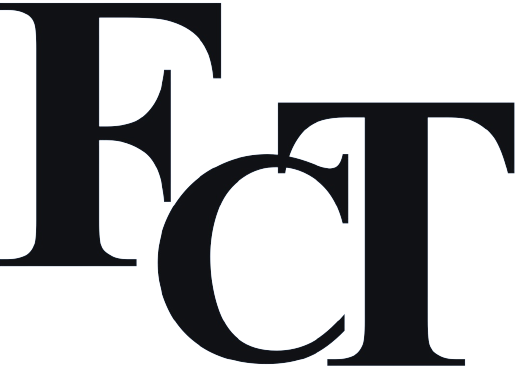History
Chronology of Events
2018
After a journey of nearly thirty years, FCT is now recognized as a platform located in the Global South for creation and exchange of new theoretical ideas in the humanities and social sciences. FCT’s broad- based membership has made it an effective network of scholars, academics and institutions across the world. FCT now has more than 800 members in different parts of the world. FCT, through its collaborative ventures, is connected to more than one hundred universities and research institutions across the world. Within India, FCT has forged special links with academics, researchers and institutions located in non-metropolitan spaces and remote areas of the country. FCT is in the process of consolidating its earlier work and charting out new pathways for the future. The Journal of Contemporary Thought, a biannual publication has issued nearly 40 volumes. Hosted a cumulative total of 17 national workshops This event is a recurring feature in FCT’s annual calendar. The conference brings scholars from different academic disciplines from several parts of the world for scholarly deliberation and exchange. Many more volumes followed in subsequent years, further strengthening FCT’s outreach among among academics and researchers throughout the world.
